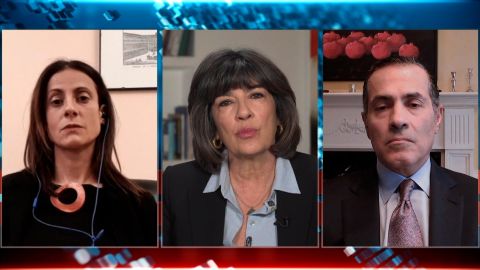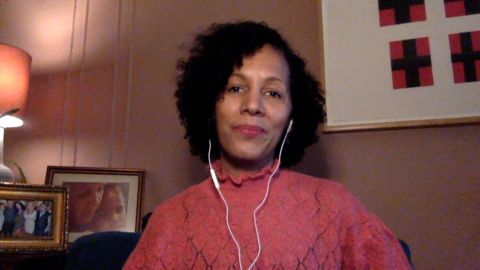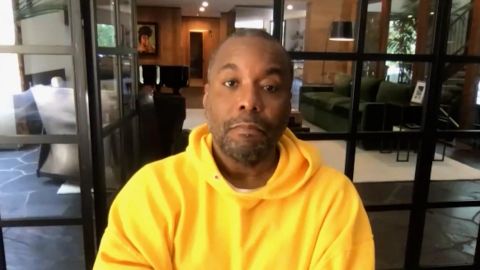Read Transcript EXPAND
NASR: Well, I think the issue for Iran is that it has put itself in a position of asking that the United States take a step back into the deal, that, because the United States is currently completely noncompliant, Iranians believe that asking them to become more compliant than they are, without the United States actually taking even a step back into the deal, is not viable for them domestically. There is a lot of hard position in Iran about the deal, about the trustworthiness of the U.S., about whether the Europeans are being honest brokers or are just basically taking the U.S.’ side. So, the Iranians are very much worried about taking another step back without the U.S. reciprocating. So, this game of chicken about who blinks first has become very key. And there is a need for a choreography between them. And, at the same time, they’re not talking to each other. So, I think the Europeans need to persuade Iran to trust the process. And that’s not going to be easy. And the Iranians are going to ask the Europeans to show some kind of an indication that this is going to move in the right direction. And that’s exactly where we are now holding, with a major deadline looming next week, where the Iranian Parliament has mandated that the Iranian government move away from the additional protocol and significantly reduce access of inspectors to Iran’s nuclear program, if the United States and other signatories to the deal do not become more compliant than they have been thus far.
CHRISTIANE AMANPOUR: OK, so let me now turn to Nathalie Tocci, who has been an adviser to the foreign policy chiefs at the E.U. And so let me put that question to you. And, Nathalie, let me just quote a few things that have come out of today’s meeting. The German foreign minister said that Iran is — quote — “playing with fire” if it continues to threaten to reduce compliance. We have heard the council president, Michel, Charles Michel, say that he believes there’s room for diplomacy. He apparently had a conversation with the Iranian president. And the Iranian foreign minister told me at the beginning of this month that there is a way for the E.U. to help achieve some kind of synchronicity, so that both sides can say they would go back into the deal together. Can you break that down for me and tell me whether you think that’s likely?
NATHALIE TOCCI, FORMER E.U. SPECIAL ADVISER: Well, I mean, Christiane, I think the first thing that I would say is that, if the Iranians were not committed to the deal, they probably would have left the deal over the last three years. So, the fact that they are raising the stakes now seems to me more of a signal of trying to ensure that there is movement on the U.S. side, as far as sanctions is concerned, rather than a signal of a lack of commitment to the agreement, because, otherwise, they would have left, as I said, a long time ago.
About This Episode EXPAND
Should President Biden reverse the Trump administration’s withdrawal from the Iran Nuclear Deal? Experts Nathalie Tocci and Vali Nasr weigh in. Director Stacey Holman discusses her new PBS series “The Black Church.” Director Lee Daniels joins Michel Martin to discuss his new film “The United States vs. Billie Holiday.”
LEARN MORE


